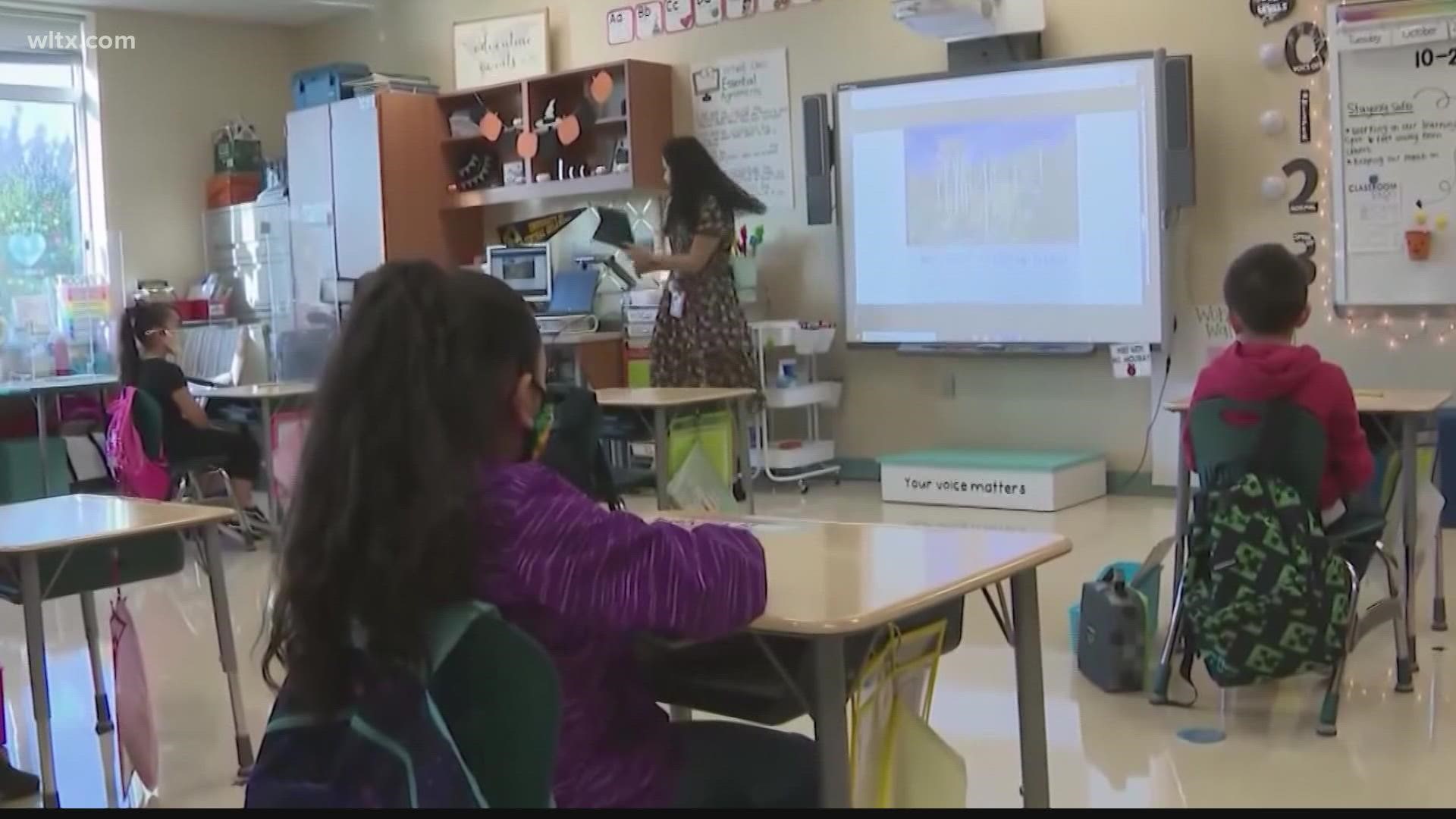COLUMBIA, S.C. — A proposed bill in the South Carolina Senate would give parents more school choice than ever before by allowing students to attend any public school in the state, regardless of their home address.
Currently, several school districts participate in a bank. This bill would expand that to every district.
"What it does do is it really forces school districts to become more competitive," said Kershaw County School District Superintendent Shane Robbins, "Because now all of a sudden, you're not the only game in town"
Robbins said he witnessed a similar law get passed as superintendent in Indiana. He said the best way he can put it is that, "There's going to be winners and there's going to be losers."
Unlike other school choice bills, like those establishing education saving, H.544 has widespread support from teachers groups and parents.
"It is something that can finally hold schools, school boards and school systems accountable," said parent of two Julie Weaver. Weaver pulled her children out of public school after being unsatisfied with learning conditions.
"If another school has programs that would be more aligned with what type of student and child that I'm raising fits, then absolutely I'm going to go to the school that offers those programs," said Weaver.
When a student leaves their district, federal and state dollars would follow them to their new one. Robbins said this incentivizes school districts to attract students to their schools.
"What it could do is give us maybe even an expanded opportunity to increase our programming for our student body,” said Robbins.
However, where local funds from property taxes goes has yet to be determined, which concerns some parents like Ana Theobold. “How's that money is gonna follow the child? Where does this money is gonna go?”
According to the bill's fiscal impact report, the effect on local school district funding is unknown.
The bill would let schools set capacity limits and use a lottery system if more non-resident students apply than they can handle.
Students with active-duty military parents and kids who have been relocated in the foster care system would be given priority in the lottery.
The bill doesn't have set deadlines for enrollment periods or require transportation be provided to students attending a school outside of their zone.
The bill is in its early stages, and is expected to undergo several amendments before it becomes law. The bill will be discussed in a subcommittee in the coming days.

